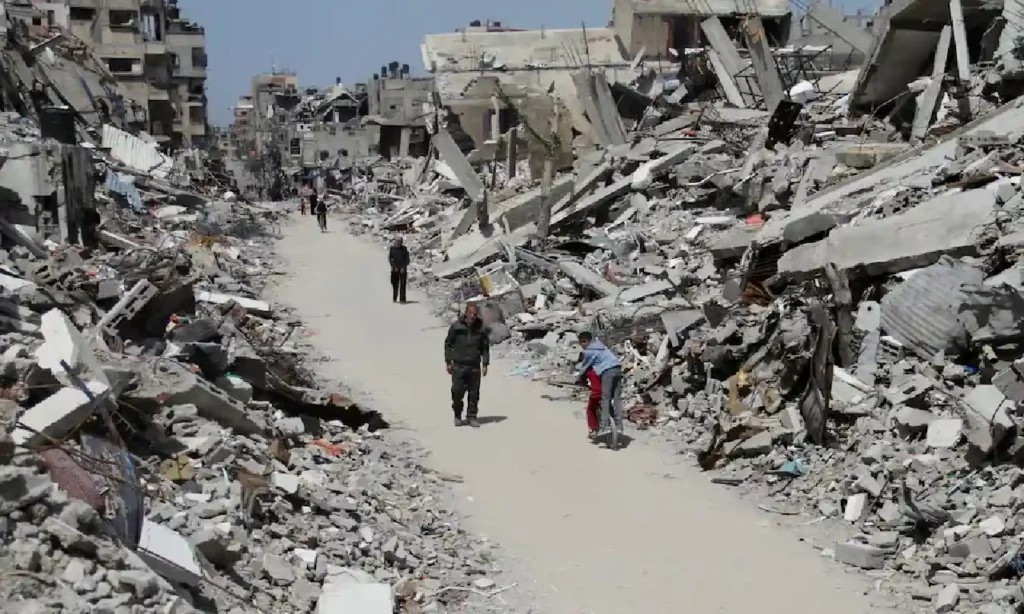Introduction:
In Israel, trust among its war leaders is crucial for security and stability. But recent conflicts with Hamas have deepened divisions. Prime Minister Benjamin Netanyahu, Defense Minister Yoav Gallant, and former military head Benny Gantz are at odds over key decisions. Including military strategy and governance in Gaza. This discord threatens to undermine unity in Israel’s efforts against Hamas, highlighting the urgent need for cohesion among its leadership.
Understanding the Trust Deficit: The lack of trust among Israel’s war leaders stems from a combination of historical animosities. Ideological differences, and personal rivalries. These factors have contributed to a climate of suspicion and discord, hindering effective collaboration and coordination in addressing security threats and strategic challenges.
Moreover, the absence of trust among Israel’s war leaders undermines public confidence in the government’s ability to safeguard the nation’s interests and protect its citizens. In times of crisis, such as during military conflicts or diplomatic negotiations, a unified leadership is essential for projecting strength and resolving conflicts decisively.
Building Bridges and Fostering Unity: Addressing the trust deficit among Israel’s war leaders requires concerted efforts to build bridges and foster unity across political, ideological, and personal divides. This necessitates open dialogue, mutual respect, and a shared commitment to the nation’s security and well-being.
First and foremost, leaders must prioritize the national interest above partisan politics and personal ambitions. By transcending narrow agendas and prioritizing collective goals, Israel’s war leaders can demonstrate their commitment to unity and solidarity in the face of external threats.
Additionally, fostering trust requires transparency and accountability in decision-making processes. Leaders must be willing to engage in honest and constructive dialogue, even in the face of disagreement or dissent. By soliciting input from diverse perspectives and respecting differing viewpoints, Israel’s war leaders can foster a culture of inclusivity and collaboration.
Furthermore, investing in leadership development and team-building initiatives can help cultivate trust and cohesion among Israel’s war leaders. By providing opportunities for shared experiences and collaborative problem-solving. These initiatives can strengthen interpersonal relationships and foster a sense of camaraderie and mutual respect.
The Role of the Israeli Public: Beyond the corridors of power. The Israeli public has a crucial role to play in fostering trust and unity among the nation’s war leaders. By holding elected officials accountable for their actions and advocating for policies that promote national unity and security. Citizens can help create a conducive environment for effective leadership and decision-making.
Moreover, fostering a culture of civic engagement and political participation can empower citizens to contribute to the shaping of Israel’s security policies and priorities. By actively engaging in democratic processes and civil society initiatives. The Israeli public can hold leaders accountable to the values of transparency, integrity, and national unity.
Conclusion: “Israel’s War Leaders Don’t Trust One Another” In a nation as resilient and determined as Israel. Building trust among its war leaders is both a strategic imperative and a moral imperative. By transcending political divides, fostering open dialogue, and prioritizing the national interest. Israel’s leaders can forge a path toward unity and solidarity in the pursuit of peace and security. With the support of an engaged and vigilant citizenry. Israel can navigate the challenges of an uncertain world with confidence and resilience, ensuring a brighter future for generations to come.




